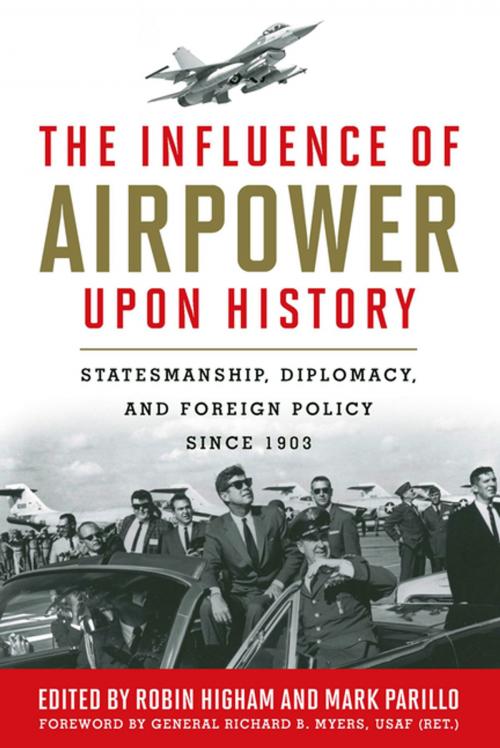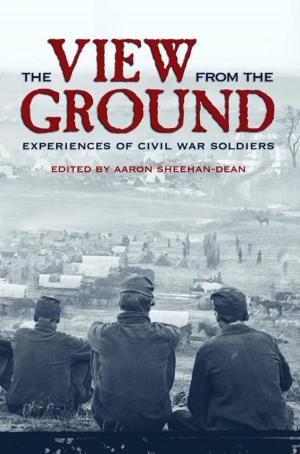The Influence of Airpower upon History
Statesmanship, Diplomacy, and Foreign Policy since 1903
Nonfiction, History, Military, Aviation, Social & Cultural Studies, Political Science, International, International Relations| Author: | John H. Morrow Jr., Patrick Facon, Richard R. Muller, David R. Jones, Rene De La Pedraja, Jeffery S. Underwood, Douglas V. Smith, Kent S. Coleman, Andrew S. Erickson, Mark Parillo, Robin Higham | ISBN: | 9780813140728 |
| Publisher: | The University Press of Kentucky | Publication: | January 16, 2013 |
| Imprint: | The University Press of Kentucky | Language: | English |
| Author: | John H. Morrow Jr., Patrick Facon, Richard R. Muller, David R. Jones, Rene De La Pedraja, Jeffery S. Underwood, Douglas V. Smith, Kent S. Coleman, Andrew S. Erickson, Mark Parillo, Robin Higham |
| ISBN: | 9780813140728 |
| Publisher: | The University Press of Kentucky |
| Publication: | January 16, 2013 |
| Imprint: | The University Press of Kentucky |
| Language: | English |
From early zeppelins, to the Luftwaffe and the Enola Gay, to the unmanned aerial vehicles of today, air power has long been regarded as an invaluable instrument of war. However, nations have employed aircraft for many other purposes as well; they provide security and surveillance, and they are vital to myriad diplomatic and humanitarian efforts. Air power has become a means for statesmen to advance a variety of goals, opening up new possibilities and problems in times of peace as well as war.
The Influence of Air Power upon History examines the many ways in which aviation technology has impacted policymaking since 1903. It analyzes air strategy in nations around the world and explores how a country's presumed technological capability, or lack thereof, has become a crucial aspect of diplomacy. Together, the essays in this insightful volume offer a greater understanding of the history of military force and diplomatic relations in the global community.
From early zeppelins, to the Luftwaffe and the Enola Gay, to the unmanned aerial vehicles of today, air power has long been regarded as an invaluable instrument of war. However, nations have employed aircraft for many other purposes as well; they provide security and surveillance, and they are vital to myriad diplomatic and humanitarian efforts. Air power has become a means for statesmen to advance a variety of goals, opening up new possibilities and problems in times of peace as well as war.
The Influence of Air Power upon History examines the many ways in which aviation technology has impacted policymaking since 1903. It analyzes air strategy in nations around the world and explores how a country's presumed technological capability, or lack thereof, has become a crucial aspect of diplomacy. Together, the essays in this insightful volume offer a greater understanding of the history of military force and diplomatic relations in the global community.















